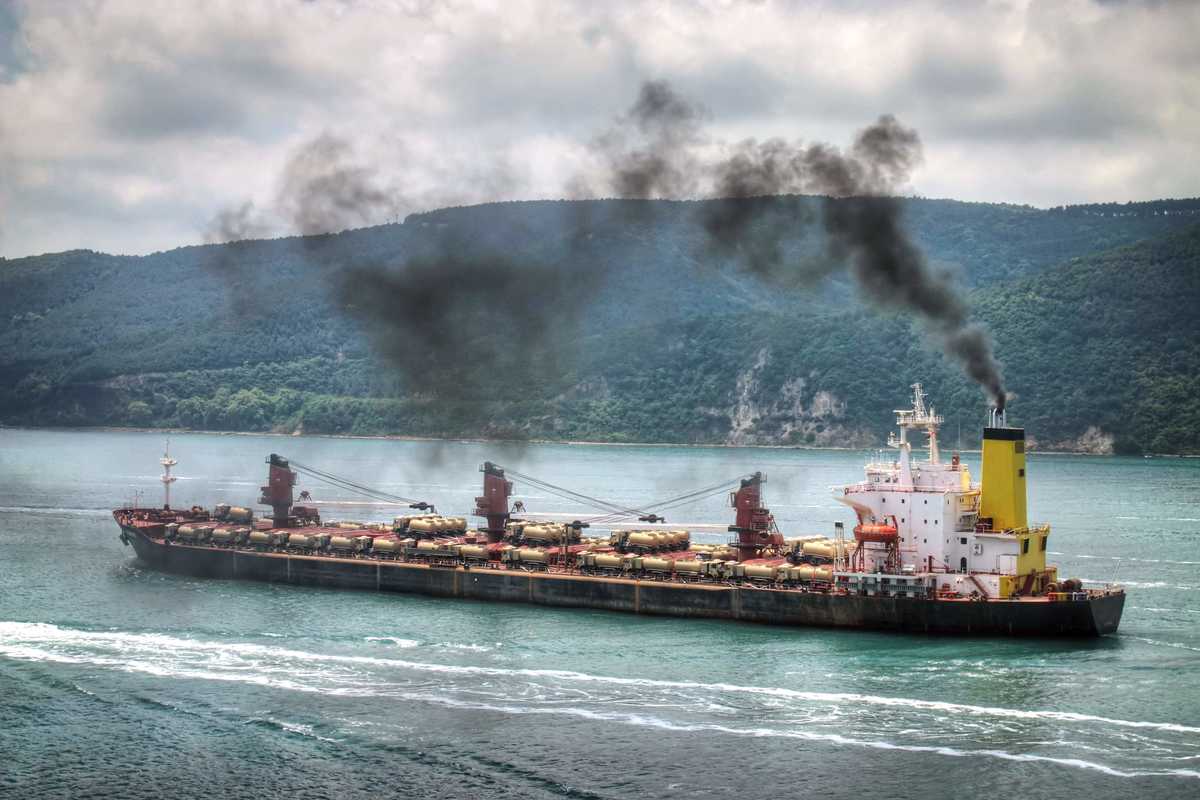MEPC 80: 'Quite clear that IMO is committed to decarbonisation' – DNV
With the revised greenhouse gas (GHG) strategy, IMO has set the "course and speed" for maritime decarbonisation, DNV Maritime's director environment Eirik Nyhus said.
 PHOTO: Getty Images
PHOTO: Getty Images
However, the availability and accessibility of “zero- and near-zero fuels remain essential” to decarbonise the sector, Nyhus said at a webinar organised by classification society DNV to discuss the IMO’s 2023 greenhouse gas mitigation plan.
The IMO’s Marine Environment Protection Committee (MEPC) adopted a new GHG strategy on Friday with the ambition of achieving net-zero emissions "by or around" 2050. The revised targets include a 20% reduction in greenhouse gas (GHG) emissions by 2030 (striving for 30%), and 70% cuts by 2040 (striving for 80%). Both targets are compared to 2008 levels.
In addition, IMO also advanced a carbon tax and a goal-based marine fuel standard as mid-term measures to be adopted by 2025. These measures have been endorsed by a majority of IMO member states, including the G7 and developing nations.
These mid-term measures are expected to come into force in 2027, DNV Maritime's director transport Tore Longva said.
The fuel standard would govern a phased reduction in the marine fuel GHG intensity and likely be linked to a pricing mechanism, he added.
Besides, IMO is likely to review default emissions of various fuels to further develop its guidelines related to "default emissions factors, sustainability criteria, fuel certification and handling of on-board carbon capture" to support the GHG fuel standard, concluded Longva.
By Konica Bhatt
Please get in touch with comments or additional info to news@engine.online





